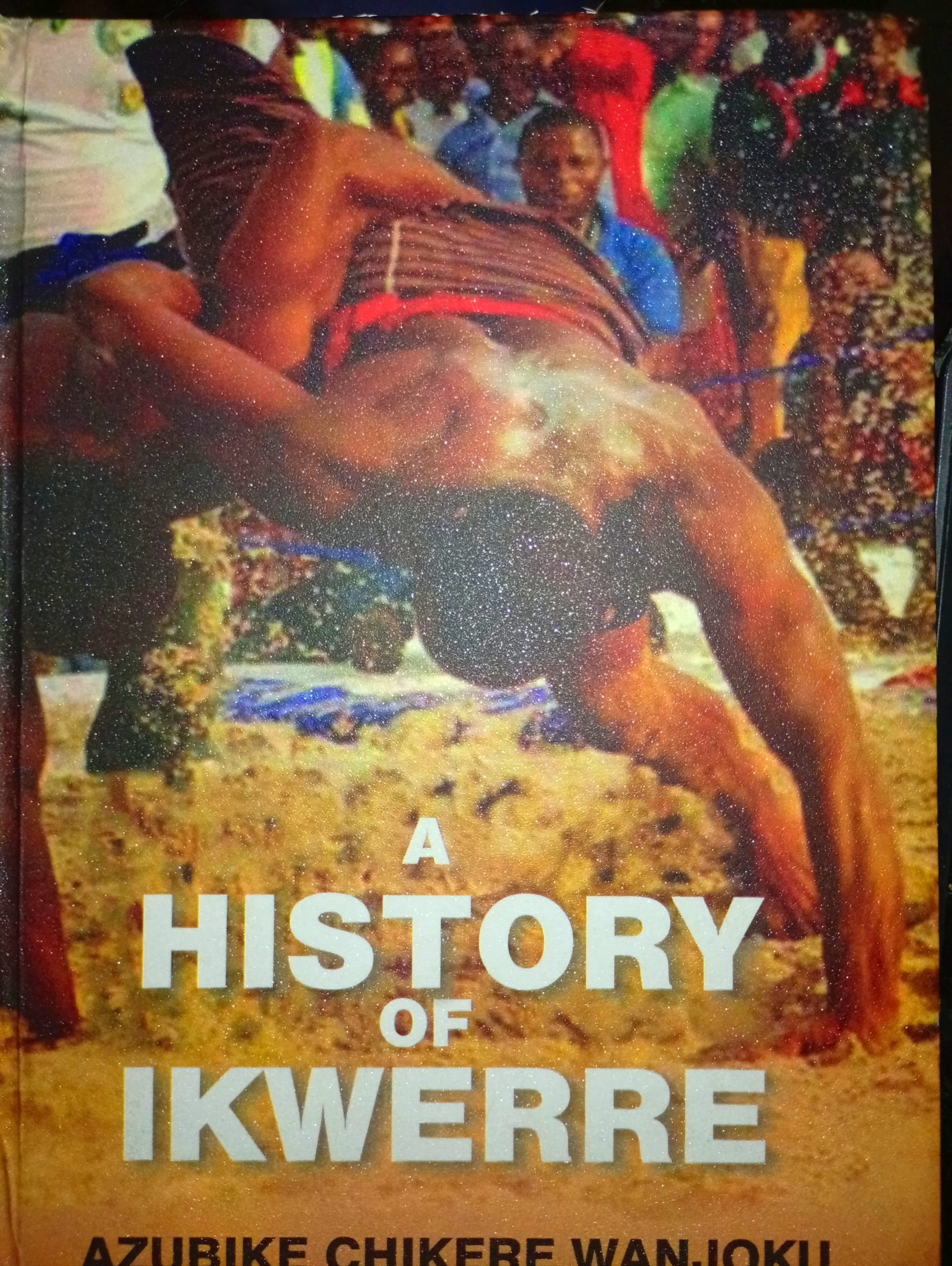It took me a while to finish, but every page of it was worth the time and patience.
Books about the history of the Ikwerre people are not exactly in abundance. Even when you find some, they are often either too shallow, too academic for the everyday reader, or they lean so heavily toward one perspective that you can sense the bias before you get halfway through. That is why Azubike Chikere Wanjoku’s A History of Ikwerre is such a refreshing contribution to the conversation.
As far as I know, it is the most complete and thoughtful account of Ikwerre history that I have read.
Not “The” History, but “A” History
One of the first things that struck me was the humility of the title. Wanjoku never claimed to have written The History of Ikwerre; instead, he called it A History of Ikwerre. That small detail carries big meaning.
It suggests that the author recognizes the complexity of history that no single book, no single author, can claim absolute authority over a people’s past. History is layered, contested, and constantly evolving. By framing his book as a history rather than the history, Wanjoku leaves room for dialogue, for debate, and for further study.
It is a refreshing approach, especially in a region where the struggle over identity and origins can easily become political and emotional.
The Big Questions of Identity
The book does not shy away from the big questions:
Who are the Ikwerre people?
Where did they come from?
How did they evolve into the ethnic group we know today?
To tackle these, Wanjoku surveys the different traditions of origin. He discusses the Benin tradition, the Igbo/Aro tradition, and the Ijo tradition, each with its own claims, evidence, and implications. For readers who may not be familiar with these debates, the book becomes an accessible entry point into conversations that have been going on for decades, not just in academic circles but around kitchen tables and community gatherings.
Beyond Origins: The Wider Context
What makes the book stand out is that it does not stop at origins.
Wanjoku situates Ikwerre within the larger history of the region. He looks at the historical development of Port Harcourt, a city whose story cannot be told without reference to Ikwerre land. He discusses the impact of Hausa migration into Ikwerre territory, dating back to the 1890s, and how this has given rise to a Hausa-Ikwerre community that has been part of the area for well over a century.
There are also fascinating explorations of how some Ikwerre clans exist within Igboland and the processes of interaction, assimilation, and identity formation that come with such realities.
And then, of course, the delicate subject of the Igbonisation of the Ikwerre language is addressed—a topic that often stirs strong emotions but is here handled with evidence, balance, and care.
A Historian with Receipts
Wanjoku doesn’t just make claims; he backs them up.
The book is rich with references to court records, newspaper cuttings, and other historical documents. This gives the work a sense of reliability and seriousness. It is not simply a collection of oral stories (important as those are), but a synthesis of oral tradition with documented evidence.
That blend is powerful. It grounds the narrative in sources that can be cross-checked while still giving space to the voices of the people themselves.
Why This Book Matters

For anyone with Ikwerre origins, this book is more than just history. It is identity.
Too often, ethnicities that do not tell their own stories end up having others tell those stories for them, sometimes inaccurately. By putting together a carefully researched history, Wanjoku has given Ikwerre people, and indeed anyone interested in Rivers State and the Niger Delta, a resource to lean on.
It also matters for young people. At a time when many are more familiar with global pop culture than with the roots of their own communities, a book like this helps bridge the gap. It reminds us that history is not just something in dusty libraries—it is the foundation of who we are.
Final Thoughts
If, like me, you have been searching for a serious, well-researched account of Ikwerre history and origins, A History of Ikwerre is where you should look.
It is engaging without being overwhelming, detailed without being tedious, and humble without being timid. It invites you to think, to question, and perhaps even to continue the conversation beyond its pages.
The book can be purchased on Amazon, or you can reach out to the author directly on Facebook.
Take it from me: this is one of those books that you read not just for information, but for grounding. Because to know your history is, in many ways, to know yourself.








One thought on “A History of Ikwerre: History Well Told”
I sure will like to have a read after you bro. Well done my vagabond writer.